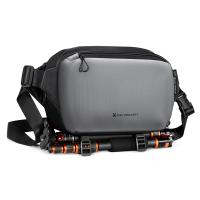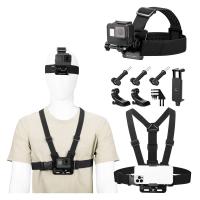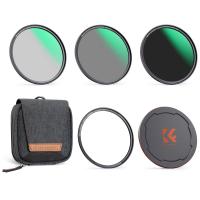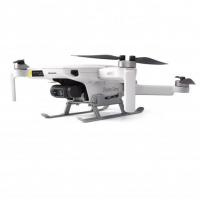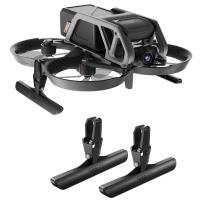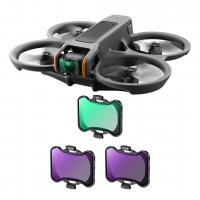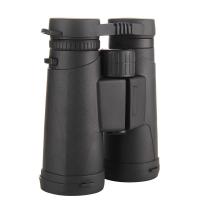Can You Shoot Down Drones?
In recent years, the proliferation of drones has brought about a myriad of opportunities and challenges. From recreational use to commercial applications, drones have become an integral part of modern technology. However, with their increasing presence, concerns about privacy, security, and safety have also risen. One of the most pressing questions that many people have is: Can you shoot down drones? This article aims to explore this question in depth, addressing the legal, ethical, and practical aspects of shooting down drones.
Legal Considerations
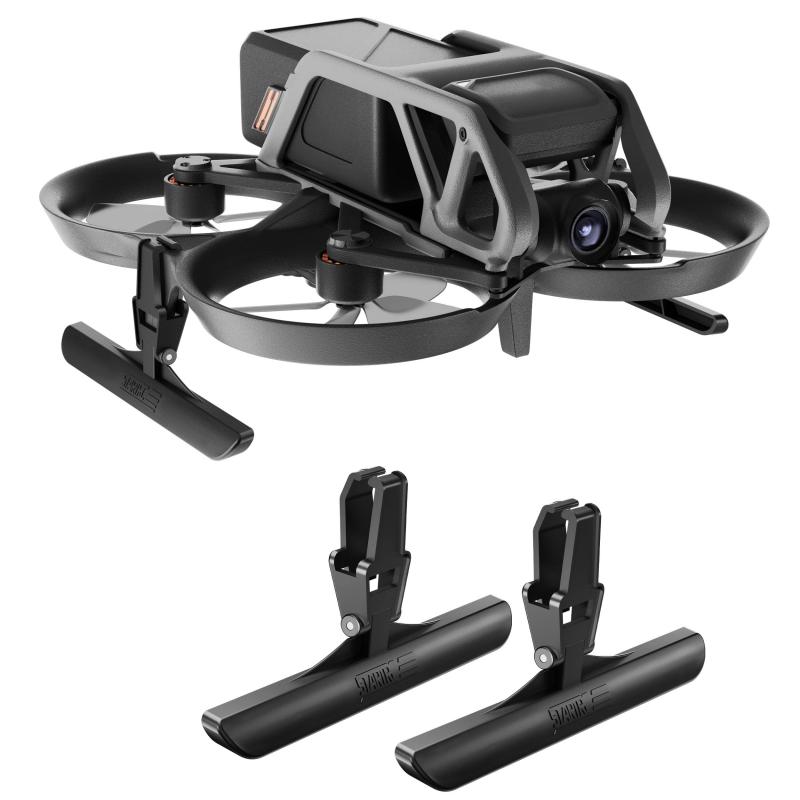
The first and foremost aspect to consider when discussing the possibility of shooting down drones is the legal framework. In many countries, drones are considered aircraft, and shooting them down can be equated to shooting down a manned aircraft, which is illegal. In the United States, for example, the Federal Aviation Administration (FAA) regulates the airspace, and any unauthorized attempt to shoot down a drone can result in severe penalties, including fines and imprisonment.
Federal Laws
Under the U.S. Code Title 18, Section 32, it is a federal crime to damage or destroy an aircraft. This law extends to drones, as they are classified as aircraft by the FAA. Violating this law can result in up to 20 years in prison and significant fines. Additionally, the FAA has made it clear that shooting down a drone is a federal offense, and they have the authority to enforce these regulations.
State and Local Laws
While federal laws provide a broad framework, state and local laws can also come into play. Some states have enacted their own regulations regarding drones, which can include additional penalties for shooting them down. It is crucial to be aware of both federal and local laws before taking any action against a drone.
Ethical Considerations
Beyond the legal ramifications, there are ethical considerations to take into account. Shooting down a drone can pose significant risks to public safety. Falling debris can cause injury or property damage, and there is always the potential for unintended consequences. Moreover, the act of shooting down a drone can escalate conflicts and lead to further legal disputes.
Privacy Concerns
One of the primary reasons people consider shooting down drones is to protect their privacy. Drones equipped with cameras can capture images and videos, potentially invading personal privacy. While this is a legitimate concern, there are legal avenues to address privacy violations. Filing a complaint with local authorities or seeking a restraining order are more appropriate and lawful methods to handle such situations.
Property Rights
Another common reason for wanting to shoot down a drone is to protect one's property. Drones flying over private property can be seen as a trespass. However, property rights do not extend to the airspace above a certain altitude, which is regulated by the FAA. Therefore, shooting down a drone over your property can still be considered illegal.
Practical Considerations
Even if legal and ethical concerns are set aside, there are practical considerations that make shooting down drones a complex issue. The technology and methods required to safely and effectively shoot down a drone are not readily available to the average person.
Methods of Disabling Drones
There are several methods to disable drones, each with its own set of challenges and limitations:
1. Firearms: Using a firearm to shoot down a drone is highly dangerous and illegal in most jurisdictions. The risk of collateral damage and injury is significant.
2. Jamming Devices: Signal jammers can disrupt the communication between the drone and its operator. However, these devices are also illegal in many places and can interfere with other electronic devices.
3. Nets and Projectiles: Specialized equipment, such as net guns or projectiles designed to entangle drones, can be effective but are not commonly available to the public.
4. Anti-Drone Technology: Advanced technologies, such as drone detection systems and counter-drone measures, are being developed and deployed by security agencies. These systems are expensive and typically not accessible to private individuals.
Alternatives to Shooting Down Drones
Given the legal, ethical, and practical challenges associated with shooting down drones, it is essential to consider alternative methods to address concerns related to drones.
Reporting to Authorities
If a drone is causing a disturbance or posing a threat, the best course of action is to report it to the appropriate authorities. Local law enforcement or the FAA can investigate and take necessary actions.
Using Technology
There are various technologies available that can help detect and track drones. Drone detection systems can alert property owners to the presence of drones, allowing them to take appropriate measures without resorting to shooting them down.
Legal Actions
If a drone is consistently violating your privacy or property rights, legal actions such as filing a lawsuit or seeking a restraining order can provide a lawful resolution to the issue.
The question of whether you can shoot down drones is complex and multifaceted. Legally, shooting down a drone is generally prohibited and can result in severe penalties. Ethically, it poses significant risks to public safety and can escalate conflicts. Practically, the methods to safely and effectively disable drones are not readily available to the average person.
Instead of resorting to shooting down drones, it is advisable to explore alternative methods such as reporting to authorities, using drone detection technology, and pursuing legal actions. By understanding the legal, ethical, and practical considerations, individuals can make informed decisions and address their concerns related to drones in a lawful and responsible manner.
As drone technology continues to evolve, it is likely that regulations and countermeasures will also advance. Staying informed about the latest developments and adhering to legal guidelines will ensure that we can enjoy the benefits of drones while mitigating their potential risks.












